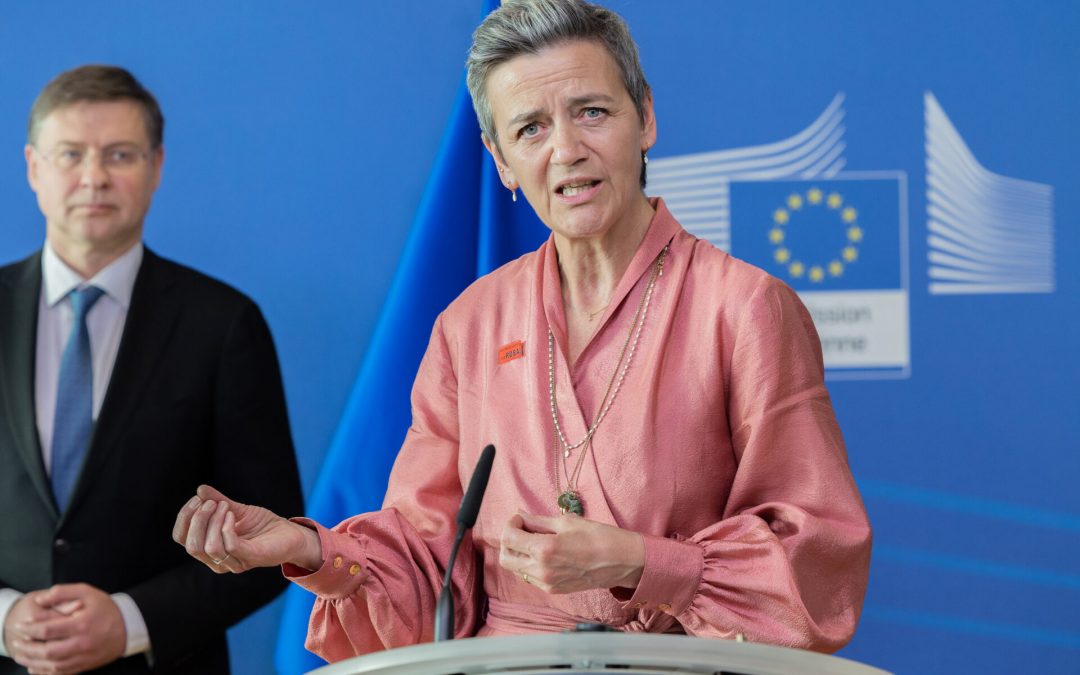Denmark may gain a more prominent position if we nominate a woman as a candidate for the new EU Commissioner post.
This is the view of two observers, as member states have largely ignored the call to present both a male and a female candidate.
This has put the newly elected Commission President Ursula von der Leyen under pressure. And so she may be ready to give a more significant post to the undecided countries that nominate a female candidate. This is according to Lykke Friis, Director of the Think Tank Europe.
“She is very interested in receiving female candidates. The countries that have not yet announced their choice are in a strong position to secure a significant portfolio,” she says.
For 20 years, the Danish EU Commissioner has been a woman from three different parties, in the form of Mariann Fischer Boel (V) from 2004, Connie Hedegaard (K) from 2009, and most recently Margrethe Vestager (R) from 2014.
This is the first time in ten years that Denmark will appoint a new commissioner, and there is little information about the process. It is taking place at the EU level and within the Danish government.
Prime Minister Mette Frederiksen (S), Minister of Defence Troels Lund Poulsen (V), and Foreign Minister Lars Løkke Rasmussen (M) are meeting these days, where they are expected to discuss Denmark’s candidate.
It is still unknown when they will make an announcement, but it is not expected this week.
The process may lead to a minor reshuffle, and a European Minister is also expected to be appointed in the run-up to Denmark’s EU presidency in the autumn of 2025.
Professor Rebecca Adler-Nissen from the University of Copenhagen also believes that Denmark is in a stronger position with a woman.
The candidate must have the right qualifications, but countries have proposed a majority of women, the argument goes.
“There are so many considerations to take into account. Geographical, political, and gender balance considerations make it an incredibly difficult puzzle to piece together.
The stronger and more experienced a profile Denmark sends, the better portfolio one can hope for,” she writes in a comment.
So far, 17 countries have submitted one or more candidates, and six are women, according to Lykke Friis.
“Von der Leyen is under pressure because she has asked the member states to nominate a man and a woman, but countries have largely ignored this.
The countries that nominate a woman will be in a strong position to get a significant post. It could be related to their portfolio or high up in the hierarchy with a coordinating role, as Margrethe Vestager has had for some time,” says Lykke Friis.
In von der Leyen’s first commission in 2019, the distribution was 12 women and 15 men.
According to a letter to the member states, Von der Leyen will hold interviews with the candidates from mid-August, and the deadline for candidates is August 30.
The candidates must also be approved by the European Parliament, which in 2019 rejected three candidates, necessitating new proposals from France, Romania, and Hungary.
The hearings, where the candidates will be grilled, will take place in September and October. The new commission is expected to be in place before November.
 go to the original language article
go to the original language article
